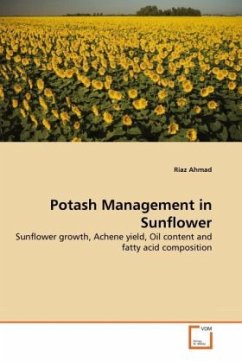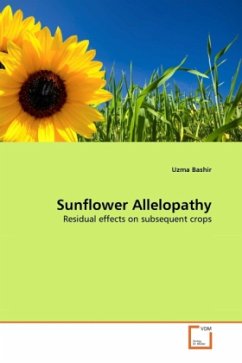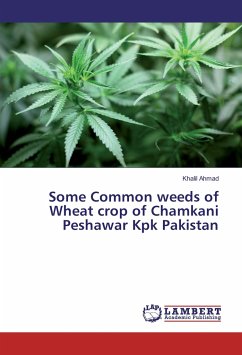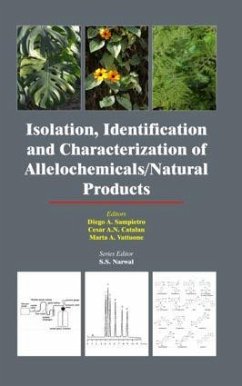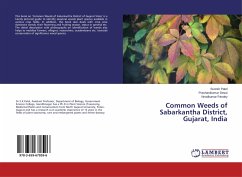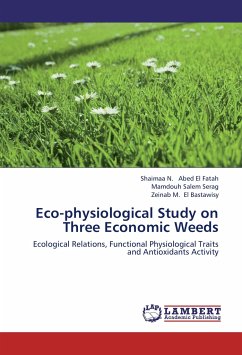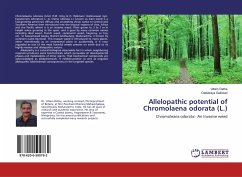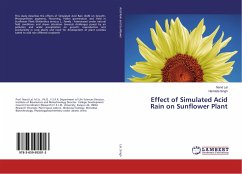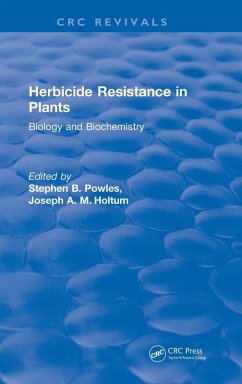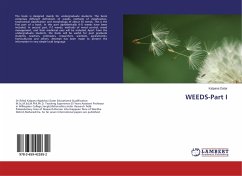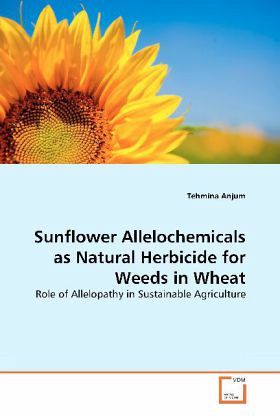
Sunflower Allelochemicals as Natural Herbicide for Weeds in Wheat
Role of Allelopathy in Sustainable Agriculture
Versandkostenfrei!
Versandfertig in 6-10 Tagen
39,99 €
inkl. MwSt.

PAYBACK Punkte
20 °P sammeln!
When I decided to indulge in field of allelopathy, I selected sunflower as a donor species because of several reports of its ability to suppress other vegetation. The plan was to use this power of sunflower against unwanted plants. In search for natural alternatives for weed management, three sunflower cultivars were investigated for their allelopathic potential first through laboratory bioassays against five most problematic weeds of wheat. The studies were extended to green house and then field experiments and the results indicated the potential of sunflower allelochemicals as possible alter...
When I decided to indulge in field of allelopathy, I selected sunflower as a donor species because of several reports of its ability to suppress other vegetation. The plan was to use this power of sunflower against unwanted plants. In search for natural alternatives for weed management, three sunflower cultivars were investigated for their allelopathic potential first through laboratory bioassays against five most problematic weeds of wheat. The studies were extended to green house and then field experiments and the results indicated the potential of sunflower allelochemicals as possible alternatives for achieving sustainable weed management. The crude aqueous extract of sunflower was fractionated by means of liquid-liquid extraction using dichloromethane and methanol. Possible causative allelopathic substances were isolated by means of high performance liquid chromatography and were assessed for their allelopathic activity individually and in combinations. The chemical characterization of effective allelochemicals by nuclear magnetic resonance spectroscopy confirmed the presence of bioactive sesquiterpene lactones in sunflower leaves.



